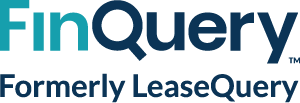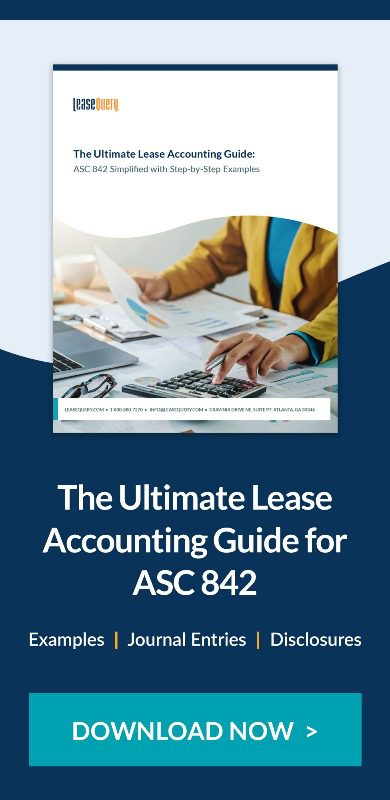But before you dive into building your lease accounting practice, there are several things you will want to have in place.
Appoint a person in your firm to lead the practice
Depending on your firm’s structure, you may be planning on taking a decentralized approach to building your lease accounting practice. We strongly recommend you select a point person to be the lead for the entire organization.
While regional or local offices may typically handle these kinds of projects, having one resource to handle project planning and implementation, partner coordination, and communication will ensure that everyone in your firm is on the same page. This approach also enables you to leverage successes and share lessons learned, as well as best practices.
Define your independence
Many companies are relying completely on their auditors for guidance on implementing the new standard. Obviously, this creates independence issues. Experts recommend that you make a clear decision with each client about whether you will pursue a consulting engagement or an audit engagement.
If the bulk of your business is in audit, then it may not make sense for you to venture into lease accounting consulting. Your clients aren’t particularly well-versed in the guidelines around conflict of interest, so it’s up to you to set the proper boundaries.
Entering into agreements that present a conflict of interest can be costly. Disciplinary investigations are only partially covered by insurance policies, and underwriters may view firms that aren’t diligent about preventing conflicts of interest as high risk.
The revenue earned from one engagement can be quickly wiped away by those high costs.
Be prepared for your clients to put it off
The new lease accounting standard comes on the heels of the revenue recognition standard. If your clients are trying to give themselves a breather before implementing another new standard update, we don’t blame them. However, there are risks that come with delaying compliance.
A recent Deloitte poll shows that the compliance deadline didn’t reduce the workload for public companies: 25% said they plan to spend just as much time implementing the lease accounting standard as they did in the first quarter. And another 24% are planning to spend more time on lease accounting in the next quarter.
Many public companies underestimated the amount of work involved in transitioning to the new standard. Use their experience as an opportunity to educate your clients on the importance of starting early. We offer some tips on what your clients can do to get ahead here.
Identify a software solution partner
Companies with more than 10 leases will need to invest in lease accounting software. This is an opportunity for you to not only provide valuable advisement and reduce the time they spend evaluating software, but to also take on some of the legwork required to implement the new standard.
It goes without saying that the partner you choose will reflect back on you. A thorough evaluation process will ensure that you choose a partner that delivers value to you and your clients.
Software evaluation criteria
With lease accounting software being a relatively new product offering, there isn’t much precedent for determining which solutions are truly viable. Many companies are taking advantage of this and offering subpar systems.
To identify the best solution, you need to look for a purpose-built lease accounting software with the following features:
- Robust reporting studio – Not only does a well-rounded reporting studio enable your clients to meet disclosure requirements, it also allows them to report and forecast in ways that they couldn’t before.
- Audit trail and segregation of duties – Being able to track all changes to a lease and control access to the software is critical for internal controls.
- Ability to handle multiple currencies – The new standard outlines specific requirements for addressing leases that are in different currencies. The best solution should make this easy for your clients.
These are just some of the features to look for in a software provider. For more information on the evaluation process, watch our on-demand webinar or download our software comparison guide.
Evaluating software providers
It’s also important to choose a software provider with lease accounting expertise on its leadership team. As we mentioned earlier, there are many contenders in the lease accounting software space.
Many of them used outside expertise to develop their systems, and don’t have anyone in-house who can continually improve and evaluate the effectiveness of the software.
At worst, that puts your clients’ compliance at risk. At best, it means you and your clients will have to implement workarounds, which is counterproductive to the investment in software.
The ideal partner will also have dedicated support for your firm. You and your partner should be mutually invested in your success. Having dedicated support will help you identify opportunities to expand your offering and ensure your firm gets the most from the system.








